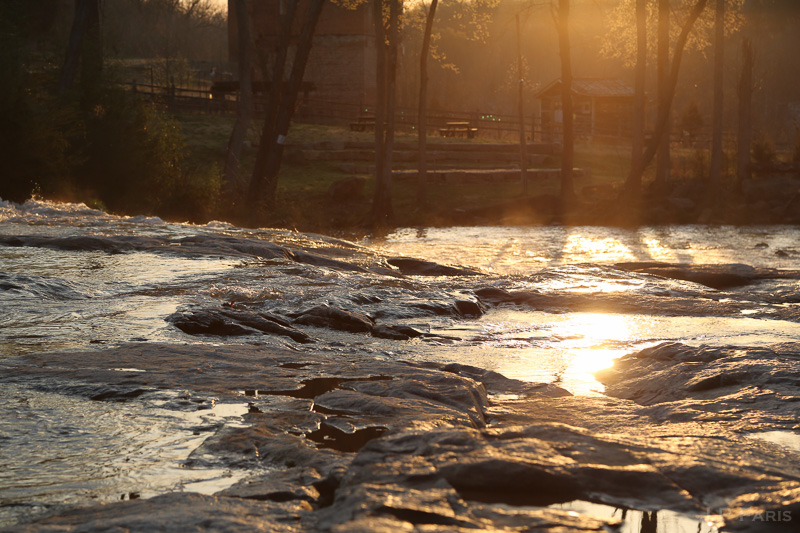When stumped by a life choice, choose “enlargement” over happiness.
I’m indebted to the Jungian therapist James Hollis for the insight that major personal decisions should be made not by asking, “Will this make me happy?”, but “Will this choice enlarge me or diminish me?” We’re terrible at predicting what will make us happy: the question swiftly gets bogged down in our narrow preferences for security and control. But the enlargement question elicits a deeper, intuitive response. You tend to just know whether, say, leaving or remaining in a relationship or a job, though it might bring short-term comfort, would mean cheating yourself of growth. (Relatedly, don’t worry about burning bridges: irreversible decisions tend to be more satisfying, because now there’s only one direction to travel – forward into whatever choice you made.)
Oliver Burkeman’s last column: the eight secrets to a (fairly) fulfilled life via The Guardian
__________
Unintended Consequences
Because parking requirements make driving less expensive and development more so, cities get more driving, less housing, and less of everything that makes urbanity worthwhile. This process is subtle. Many mayors today declare their support for walkable downtowns and affordable units. But cities are built at the parcel, not from mayors’ podiums. And parcel by parcel, the zoning code quietly undermines the mayors’ grand vision. A commercial requirement of one parking space per 300 square feet means developers will put new retail in a car-friendly, pedestrian-hostile strip mall. And a requirement of one parking space per 100 square feet for restaurants means the typical eating establishment will devote three times as much space to parking as it will to dining. America did not become a country of strip malls and office parks because we collectively lost aesthetic ambition. These developments are ubiquitous because they are the cheapest way to comply with regulations.
How Parking Destroys Cities via The Atlantic (Emphasis Mine)
__________
Showing Up
In Hollywood, his work ethic was undeviating: he showed up every day. He believed, and still believes, that any time spent thinking about writing is wasted except when one is in a room writing. He quotes Billy Wilder: “The muse has to know where to find you.”
Referencing David Milch, the creator of the HBO Series “Deadwood”, David Milch’s Third Act via the New Yorker
H/T Shane Parrish Newsletter (Emphasis Mine)
__________
Art
I regret not taking any art history classes in school. However, if I had I would have wanted it to be like these interactive pieces from the Times.
The Impressionist Art of Seeing and Being Seen
A Messy Table, a Map of the World
__________
Don’t Just Stand There
Jason Zweig of the Wall Street Journal says there are three ways to earn money as a writer:
Trying Too Hard via The Collaborative Fund (Morgan Housel)
Lie to people who want to be lied to, and you’ll get rich.
Tell the truth to those who want the truth, and you’ll make a living.
Tell the truth to those who want to be lied to, and you’ll go broke.
Some variation of this applies to many fields, especially service industries where someone pays for an expert’s opinion. There can be a difference between knowing what’s right and making a living delivering what you know to be right.
This may be most common in investing, law, and medicine, when “do nothing” is the best answer, but “do something” is the career incentive.
__________
Unremarkable
“Nothing is so common-place as to wish to be remarkable.”
― Oliver Wendell Holmes Sr., Autocrat of the Breakfast Table
__________
If you like this newsletter please share it with others that might enjoy it (that’s the ultimate compliment). They can sign up here.
If you’d like to read more of these memos you can visit the archive.
